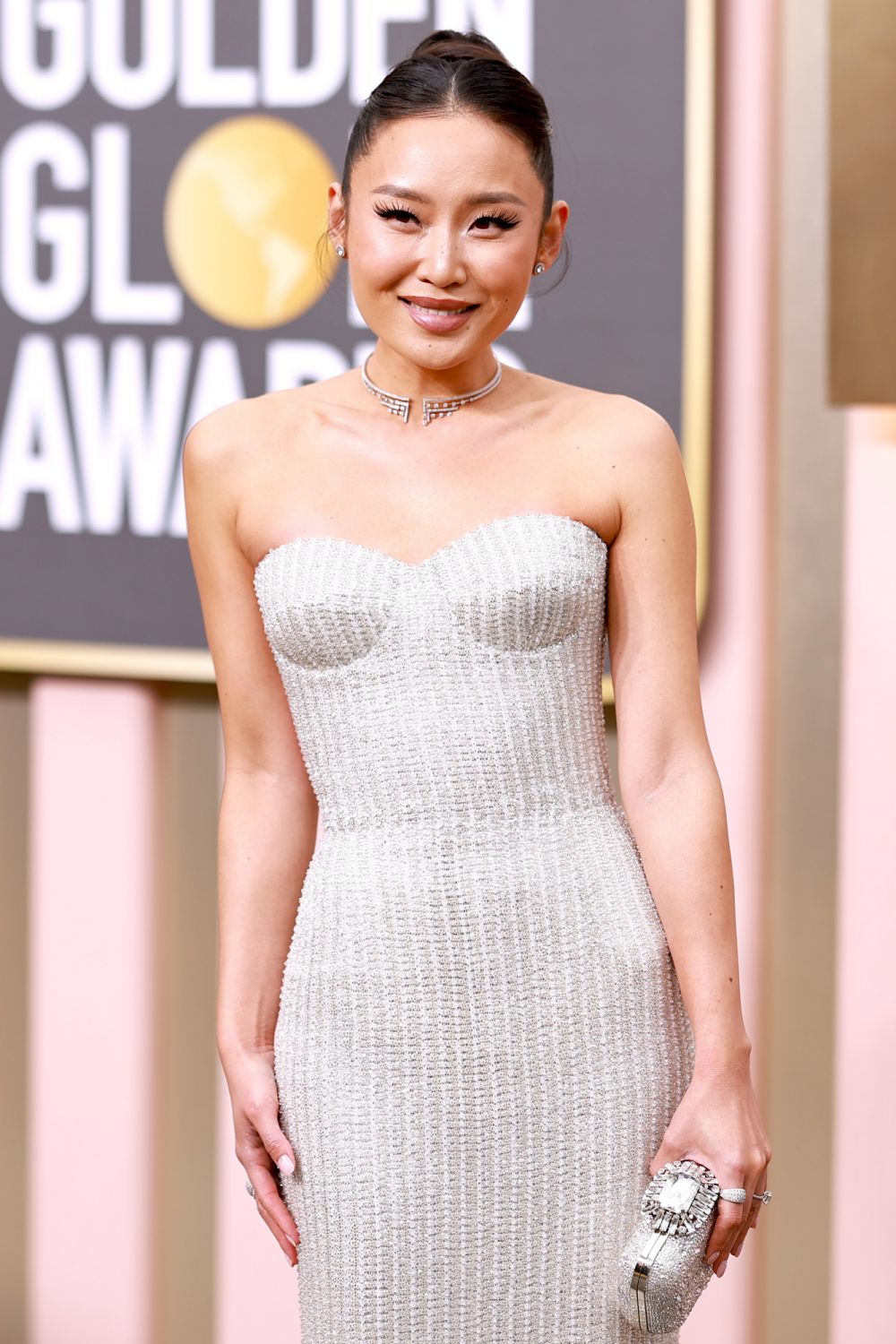In this interview, the Asian-American actress tells us why Wong’s legacy still matters, and where she wants to take her career after ‘Babylon’
Perhaps nobody knows better than Li Jun Li what it means to be a Chinese-American actress in Hollywood—both today and 100 years ago.
She has her role in Babylon to thank. Starring opposite Brad Pitt and Margot Robbie, Li plays Lady Fay Zhu who, for all intents and purposes, is a fictional incarnation of Anna May Wong, who is widely regarded as Hollywood’s first Asian-American movie star. Throughout her career in the 1920s and the 1930s, Wong struggled for recognition in the American film industry, which often relegated her to roles that portrayed racist stereotypes of Asian people.
Hollywood tragically overlooked Wong’s magnetism, style and raw talent—all of which Li channels in Babylon. In fact, if critics and viewers can agree on one thing about the Damien Chazelle-directed epic, it’s that Li is a star: a singing, dancing, smoking sensation.
Read more: Simu Liu shares how being fired led him to become Marvel’s first Asian superhero


It took Li a while to land her first lead role in a Hollywood blockbuster film. The Shanghai-born actress trained as a performer as early as when she moved to New York with her family as a child. She was enrolled in Chinese classical dance lessons, and then pursued dance in high school, where she also earned her first acting credits in musicals.
Li made her Broadway debut in 2008, through the acclaimed revival of South Pacific. Her Babylon gig was most recently preceded by roles in television series like Quantico, Minority Report, Why Women Kill (where Wong acted alongside one of her idols, Lucy Liu) and Wu Assassins, Netflix’s first martial arts drama show led by an Asian-American cast.
Li’s big break couldn’t have come at a better time. Today, Hollywood looks slightly different from the one that snubbed Anna May Wong. Li’s resume reflects the industry’s overdue efforts to be more diverse and inclusive in response to calls for more representation on screen. The results can be seen at recent red carpet events, where Li is one of the many Asian stars and filmmakers in attendance—the most notable of them being Michelle Yeoh, who made history with her Golden Globes win this month. None of it would have been possible without Wong, and Li knows it.
Below, Li shares why the Golden Age cinema star’s legacy matters today, how she brought Lady Fay to life, and which Babylon deleted scenes she wishes had made the final cut.



